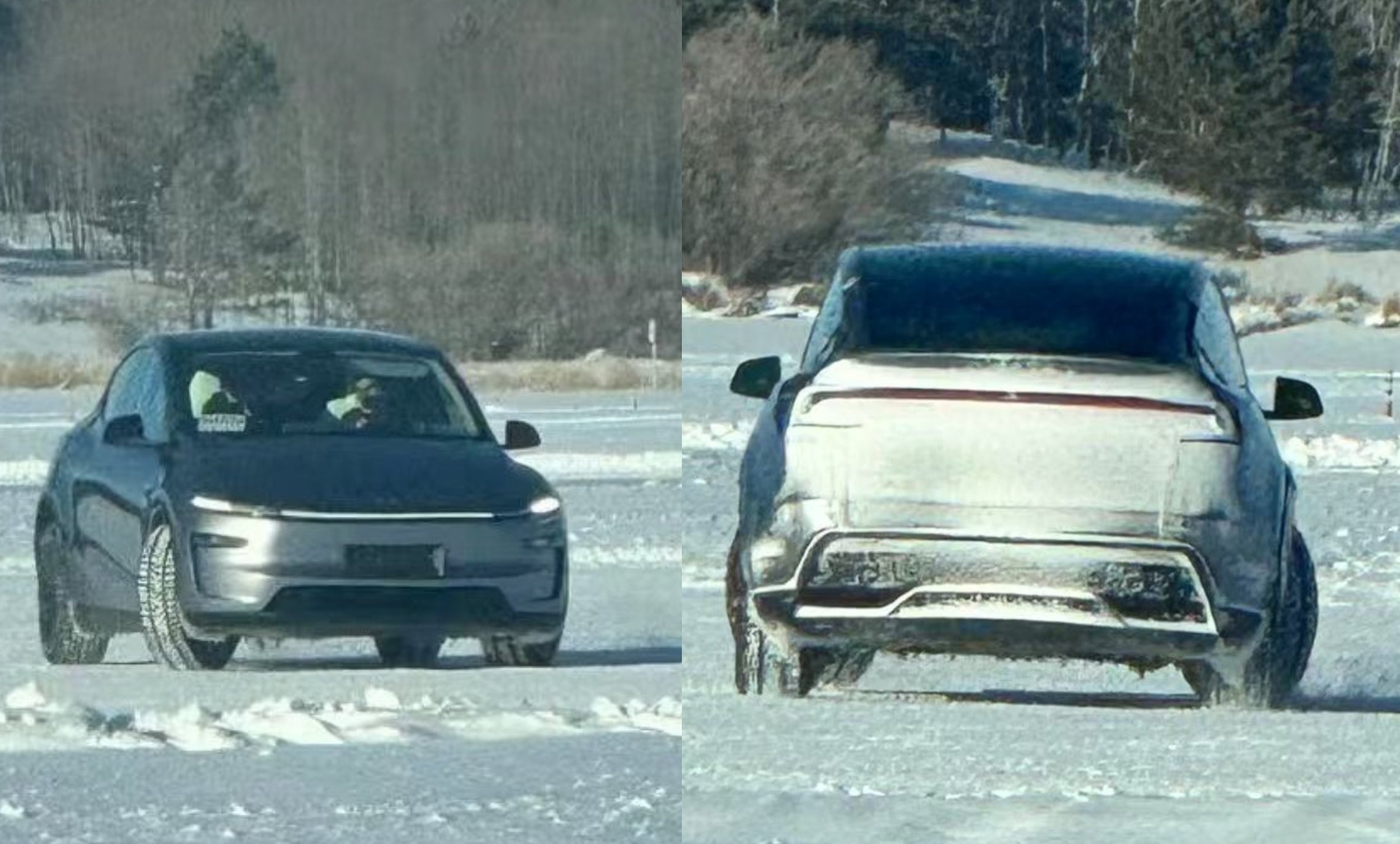Time travel has fascinated humanity for generations, but it’s long been dismissed as impossible due to the “grandfather paradox.” This thought experiment poses a mind-bending question: what happens if you travel back in time and prevent your grandfather from having children, thus erasing your existence?
The paradox seemed insurmountable—until now. However, a new study combining general relativity, quantum mechanics, and thermodynamics suggests time travel might sidestep such contradictions. At the heart of this theory is Einstein’s general relativity, which reshaped our understanding of space and time.
Unlike the linear progression of events described by Newtonian physics, which would fall under the grandfather paradox, relativity shows that space-time can warp under the influence of mass and energy. One of its most intriguing predictions is the existence of closed timelike curves (CTCs)—loops through space-time that could allow travelers to revisit the past.
While our universe doesn’t appear to rotate in the specific way needed to form global time loops, smaller-scale versions may arise near rotating black holes. The paradoxes of time travel are tied closely to thermodynamics, particularly entropy—the measure of disorder in a system.
Entropy dictates the “arrow of time,” explaining why we remember the past but can’t foresee the future. Processes like aging, memory formation, and even basic movement rely on entropy’s steady increase. How these would behave on a time loop has puzzled scientists for decades.
Physicist Lorenzo Gavassino’s recent study, however, offers a solution. He demonstrated that quantum fluctuations in closed timelike curves could reverse entropy. Such effects could lead to fascinating consequences: aging might reverse, memories could vanish, and irreversible actions—like the grandfather paradox—might become temporary.
This aligns with the “self-consistency principle,” the idea that all events within a time loop must logically cohere. Gavassino’s work derives this principle directly from quantum mechanics, proving it without speculative assumptions.
Even if time travel stays out of reach, exploring these principles deepens our understanding of entropy and quantum mechanics. One day, these insights might transform not only our view of the universe but the very fabric of time itself.







/cdn.vox-cdn.com/uploads/chorus_asset/file/25825375/redmi_note_14_pro_plus_colors.png)

